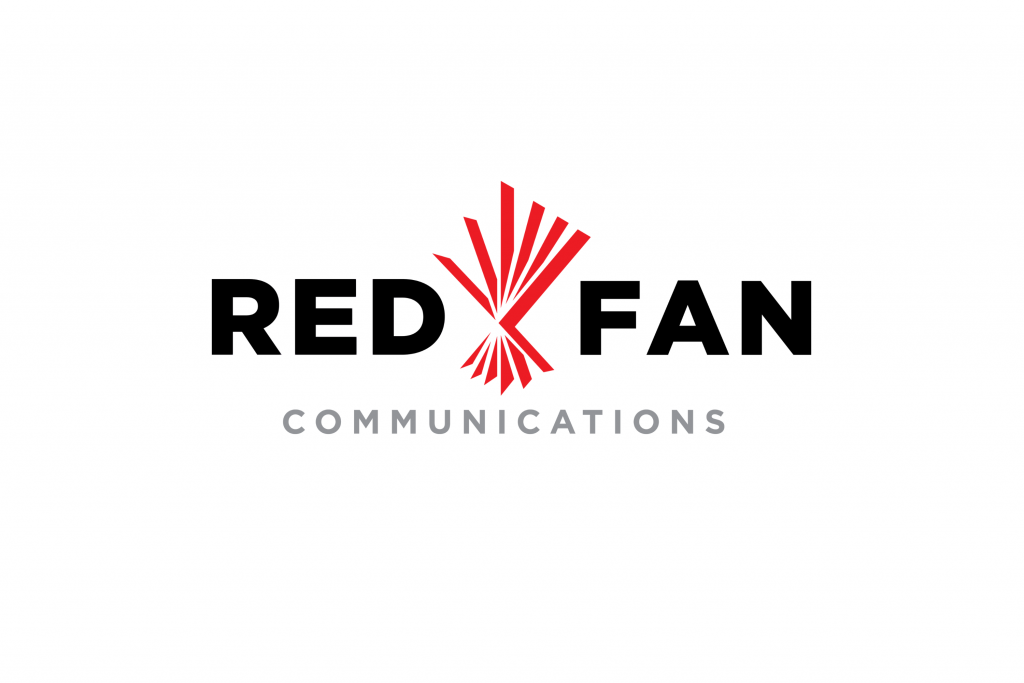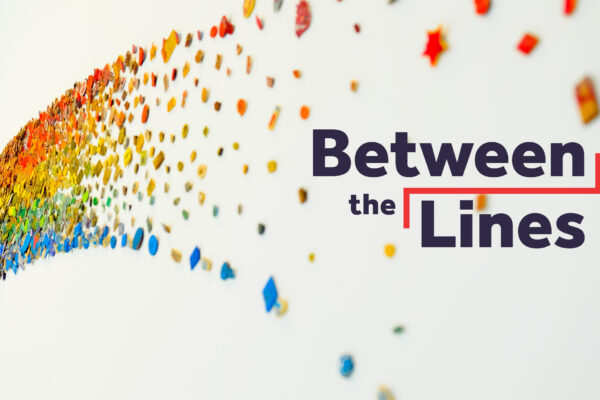
This summer more than most, we’ve gotten a glimpse of the difference between saying the right thing and doing the right thing. It’s a gap that grows wider for some brands and people, and smaller for others. There’s a reason we’re constantly talking about the importance of authenticity internally and with our clients; because, in a time when every comment or action is amplified and analyzed a thousand-fold on the internet, authenticity (or lack of it) is often the first thing people notice.
That’s why, this month, we’ve chosen to examine perhaps the most common—and dangerous—pitfall that brands and people fall into in their rush to say the right thing, or to simply make it appear as if they’re saying the right thing.
First, here are some key stories we think you’ll find value in:
NEWS TO USE
– How Ruth Bader Ginsburg Inspired Marketing’s Changemakers: RBG’s influence was almost immeasurable, touching even the world of marketing and communications. Our favorite quote from this piece: “As marketers, we also have an opportunity to use our voices for good, for impact, for change. RBG has shown us how one person can make a difference and an enduring societal impact.”
– TikTok Ban Averted: Trump Gives Oracle-Walmart Deal His ‘Blessing’: Here’s a follow-up to last month’s share on the TikTok ownership saga. This averted ban opens up the conversation of what it means to be a global business and how businesses need to interact with their surrounding governments.
– Exclusive: The Billionaire Who Wanted To Die Broke . . . Is Now Officially Broke: Labeled the “James Bond of Philanthropy”, Chuck Feeney, co-founder of airport retailer Duty Free Shoppers, has given away 375,000% more money than his current net worth—anonymously. Nothing inspires us more than those who make it their mission to do good… and then actually do it
INSIGHTS
Virtue signaling, defined as taking an often timely, disingenuous virtuous stance with the intention to improve one’s image or reputation, takes many forms.
We’ve seen it done by businesses around the Black Lives Matter protests, in sports, and with influencers, documentaries and politicians. It’s everywhere, and the potential to engage in its practice is often not as clear-cut as it may seem; what one person interprets as an authentic, genuine comment might be interpreted by another as profoundly asinine. And with more eyes on you than you probably realize, the case has never been clearer for introspection and an outside perspective that can help make the right impact, without falling into the virtue signaling miasma that we’ve seen plague plenty of noteworthy brands and public figures.
With that in mind, we wanted to take a look at what virtue signaling looks like in practice to help you avoid it, and what you can do to take a truly proactive and impactful approach to the issues that affect you and others.
Banks:
Banks, like JPMorgan Chase, were scrutinized because of their responses to Black Lives Matter. Chief executive Jamie Dimon kneeled in a bank branch for a photo —and activists were not happy. Multiple times in the last three years, JPMorgan faced widespread discrimination lawsuits and criticism. Bank of America, meanwhile, pledged $1 billion to support communities of color, yet has a “troubled track record with minorities.” Among past lawsuits, Bank of America settled allegations in the largest fair-lending settlement in history regarding discrimination toward Black and Latino borrowers in 2011, and just last year paid $4.2 million to settle hiring bias claims. While past actions show hypocrisy, repeatedly showing progress can help fix an addled history; we hope to see these corporations proving their honest intentions through more than photo ops and one-time financial contributions.
Sports:
NBC’s Sunday Night Football duo of Al Michaels and Chris Collinsworth kicked off the 2020 NFL football season with arguably the most clear-cut case of virtue signaling we’ve seen in sports. After months of player activism and league-wide dialogue about social injustice—a conversation long-overdue in a business that is as racially and culturally diverse as football—Michaels and Collinsworth delivered, at best, a lukewarm acknowledgement of the change happening in the sport. When so many NFL stars are active supporters of Black lives and other co-hosts readily discuss social injustice, what does it say when you don’t say anything at all?

TV:
In the instant hit Netflix documentary, “The Social Dilemma,” we see a multifaceted, intersectional issue diminished to oversimplification and an exclusion of prominent voices of color. By perpetuating many of the problems it addresses, the film virtue signals against social media, yet refuses to look at the entire picture. This misinformation is dangerous and only contributes to the issues at hand, instead of solving them.
Mozilla, the nonprofit makers of Firefox, shared a thread on “The Social Dilemma,” and encourages taking time to read and learn from those “who have been sounding alarm bells for years about how social platforms exacerbate existing inequalities.”

How to express empathy without being disingenuous:
While there really isn’t a “correct” way to virtue signal, Insider writes that “the desire to signal moral goodness or virtuosity is not inherently bad.” Reflecting on the causes of behavior, and the intentions behind actions, are what matter most—“just because you were motivated by virtue signaling doesn’t mean it’s inauthentic.”
Differentiating between virtue signaling and authentic activism applies to all ages, and we found these tips from She Knows useful for both parents and non-parents. It’s never too late to self-evaluate on a personal level and apply these values toward your business. As election mania moves in, performative activism will surface if brands don’t check themselves and make authenticity an actual company and personal value. As Kathleen Lucente writes for Forbes, think about the backlash Starbucks received for banning Black Lives Matter symbols and “explore what’s allowed or encouraged internally at the company.” If there’s an honest intention to adapt your company beliefs and increase activism, “boldly face the facts of the past if you want to change your culture.”
For jobs well done, take a look at how the Scientific American broke 175 years of tradition and endorsed their first presidential candidate, and how Ben & Jerry’s handles consistency in practicing what it preaches.
WHAT WE’RE UP TO:
Before we go, here are a few important things Red Fan’s been cooking up this September:
– Red Fan partnered with Blended Sense, a local media-technology digital production house, for the sixth episode of their “Walk N’ Talk” series. CEOs Albert Baez and Kathleen Lucente have an amazing conversation on business leadership, communications and authentic actions. Watch here!
– We officially launched our second e-book, “How to build and sustain your brand’s content marketing program.” For our free resource on building out content strategy, download here.
– Join us Oct. 29, when we will be hosting a webinar with Perch Perspectives founder and CEO, Jacob Shapiro. Jacob is an expert in geopolitics and helping companies and executives navigate complex political, cultural and economic challenges that affect their businesses. More than that, he’s a profoundly smart and authentic human with droves of insight about…well…pretty much everything.






